The Advantages of CNC Machined Parts Over Molded Parts
Author: SAIVS Date Published: Aug 02,2024
CNC machined parts are used in a wide variety of industries because of their versatility and cost-effectiveness. With CNC machining, parts can be produced quickly and economically from a variety of metals and plastics without the need for expensive molds. At saivs, we offer competitively priced machined parts and prototypes with fast delivery, utilizing our extensive experience in a variety of industries. But why choose machined parts over molded parts? While the choice is sometimes obvious, it can also be a challenging decision.
Definition of a machined part:
Machined parts are parts that are manufactured using a subtractive cutting machine such as a CNC milling machine, CNC lathe, CNC grinder, CNC EDM or even a manual machine tool. These parts are widely used for rapid prototyping and low to high volume production. In manufacturing, machined parts are contrasted with molded parts, castings, Forgings, extrusions, and 3D-printed parts, each using a different manufacturing technique. Additionally, "machined parts" can refer to parts that are initially manufactured by other methods but are ultimately machined (e.g., cast metal parts with machined features).
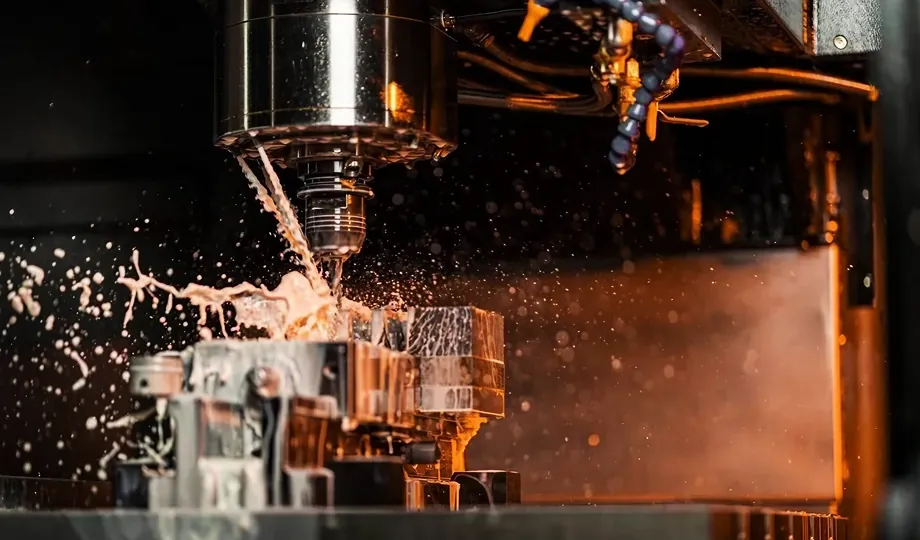
There are six key advantages of CNC machined parts over molded parts
No minimum order quantities
A significant advantage of machined parts is that there are no minimum order quantities. Molded parts require the creation of metal molds, a time-consuming and expensive process that typically costs tens of thousands of dollars. In contrast, machined parts are cut directly from raw materials, making them ideal for economical production of small batches or even individual parts. Machining is ideal for small companies, low volume production and prototyping.
Viable Prototyping Solutions
The high cost of tooling makes injection molding for prototyping often limited to large companies. Machined parts are ideal for prototyping because they can be produced individually at a lower cost. Machining is fast, allowing R&D departments to quickly iterate on multiple part versions and perform the necessary testing and evaluation before moving into production. In addition, material versatility allows companies to prototype with a wide selection of metal alloys or composite plastics to find the material that performs best under test conditions.
Design Freedom
Machined parts are able to achieve a wide range of shapes and sizes without the constraints imposed by molding design on wall thickness and taper. Despite some limitations on internal features and deep holes, machining is one of the most geometrically flexible manufacturing processes. In contrast, molded parts must follow strict design criteria, such as thin-wall requirements. While 3D printing is lauded for its design flexibility, there are limitations such as overhanging structures and the need for extensive support structures that need to be removed through expensive post-processing steps.
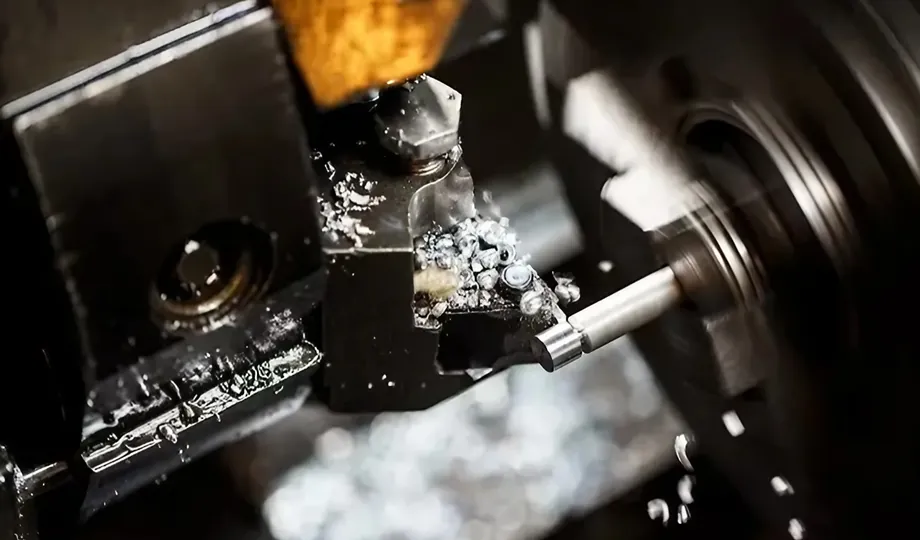
Superior Quality
Machined parts can be produced to an extremely high standard, and customers can specify the required tolerances. This means that the machinist or machine operator can invest more in the production of high tolerance parts and individual functions. While injection molds can be manufactured to tight tolerances, individual molds are not always guaranteed to consistently meet these high standards, especially near the end of a mold's life. Machining also avoids molding-related surface quality issues such as flow marks, spray lines and defects at parting lines.
Faster Turnaround Times
Machined parts can be produced faster than parts made through other production methods such as molding. This is due in part to their lack of labor-intensive tooling and the efficiency of the machining process. Some advanced machining centers are capable of operating at speeds of up to 4,000 cm per minute, although actual part production speeds are typically lower. The combination of machining's single-step production and the speed of CNC machining centers makes them one of the fastest parts to manufacture (especially in small quantities), resulting in shorter lead times and faster time to market.
Ease of Modification
CNC machined parts are created based on digital CAD files, so design changes can be made prior to manufacturing. This is useful for the R&D and prototyping process, where engineers can make minor adjustments or create multiple versions of a machined part. It also reduces scrap, as the likelihood of creating defective parts is greatly reduced. In contrast, once a mold has been created, modifying the molded part becomes difficult, and any last-minute changes require the creation of a new mold, resulting in significant financial waste.
Other Considerations
Precision and Accuracy:
CNC machining offers a higher level of precision and accuracy than molding. Guided by digital files that ensure high precision, complexity, and tight tolerances on parts, CNC machines are able to move along multiple axes to create complex geometries that are difficult or impossible to achieve with molding.CNC machining accuracy is typically in the micron range, with tolerances as low as +/- 0.001 inches on some machines. This consistency ensures that every part meets exact specifications, which is critical for mass production.
Material Versatility:
CNC machining is capable of handling a wide selection of materials, including metals (e.g., aluminum, steel, titanium) and plastics (e.g., ABS, nylon, PEEK). This versatility is especially important for the manufacture of parts that require specific physical properties such as strength, heat resistance, or electrical conductivity. Certain hard materials, especially those with complex designs, can be difficult to manufacture during the molding process, and CNC machining can easily meet these challenges to produce hard-to-make, high-precision parts.
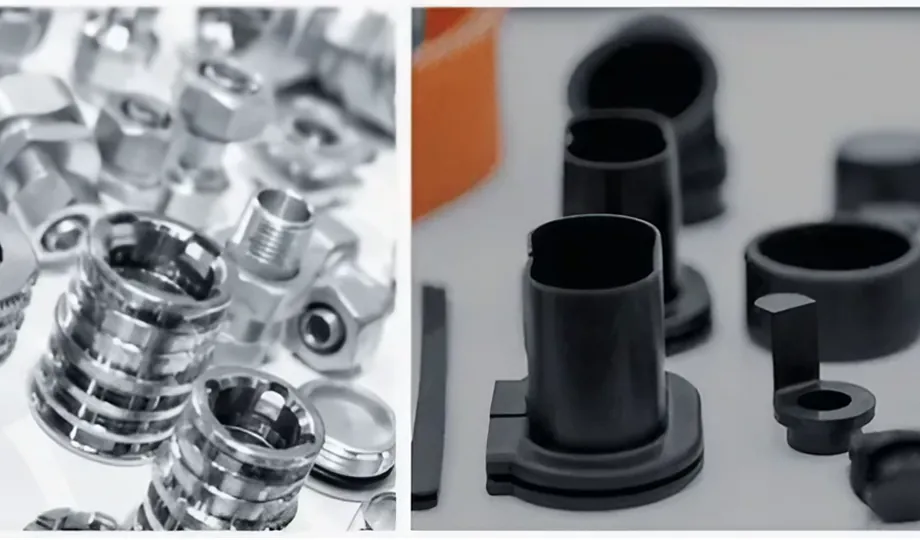
Conclusion
CNC machining proves to be a versatile and efficient process with numerous advantages over molding. Its precision, flexibility, speed, consistency, cost-effectiveness, and environmental benefits make it the preferred choice for many manufacturers. From aerospace to automotive and healthcare, CNC machining plays a critical role in various industries. At SAIVS, we take pride in offering exceptional CNC machining services, delivering high-quality machined parts that meet and exceed customer expectations. Start your new project with us today and experience the benefits of CNC machining firsthand.
Why Choose SAIVS™ as Your Supplier?
1.Superb Quality Control Management
At SAIVS, we take pride in our perfect quality management systems and procedures, which guarantees the excellent performance of all our producs, being a professional Investment Casting | Die Casting| Sand Castingmanufacturer in China.
2.Rich Production Experience
With 20 years of experience in production, SAIVS has a deep understanding of the market and trends, and strives for continuous research and innovation. This has created advantages in both the product's performance and appearance.
3.Competitive Prices
As a Chinese factory committed to becoming the most cost-effective Investment Casting | Die Casting| Sand Castingexporter in China, SAIVS provides high-quality products at advantageous prices. By lowering costs and increasing efficiency, we ensure that our customers receive the best possible value for their investment.
4.Perfect After-sales Service
At SAIVS, we strive to provide superior customer service that meets and exceeds expectations. We are always available for any questions or concerns you may have, and we stand by our commitment to providing excellent after-sales support.
Related Posts
-
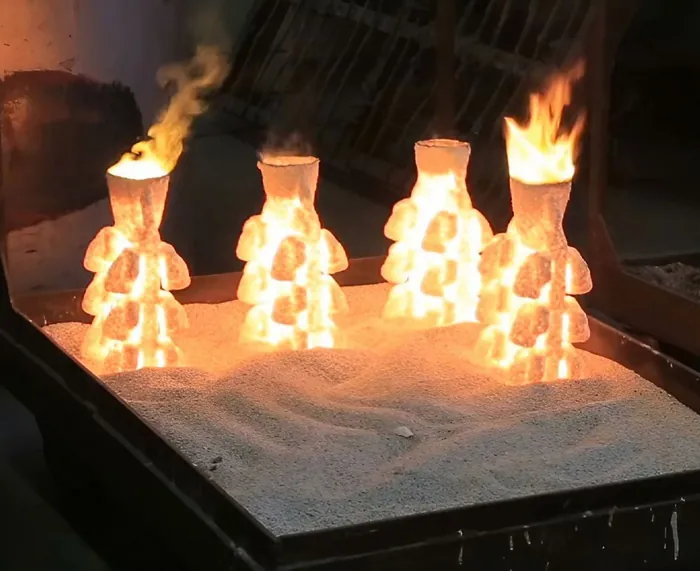
Comparison of Silica Sol and Water Glass in Precision Casting
This article will explore the characteristics, applications, and advantages of Silica Sol and Water Glass, providing a comprehensive understanding of their role...
-
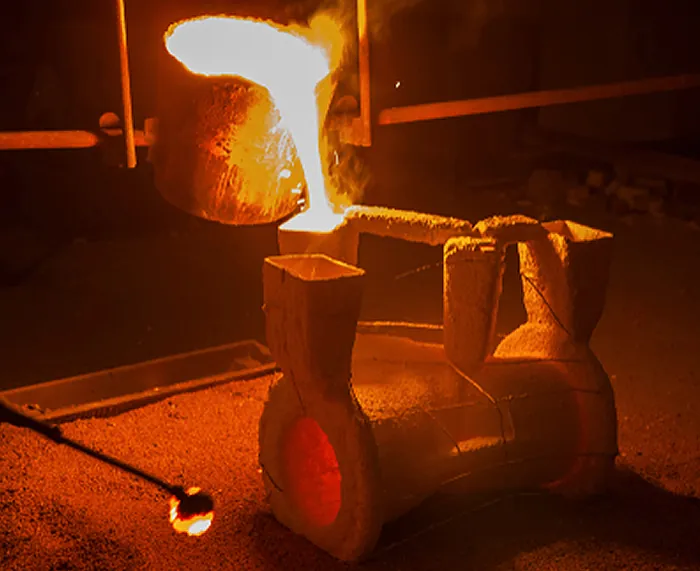
Aluminum Alloy Die-Casting Molds:How To Extend Service Life
Extending the service life of die-casting molds is of utmost importance due to several reasons:1. Cost Efficiency: Die-casting molds are a significant investmen...
-
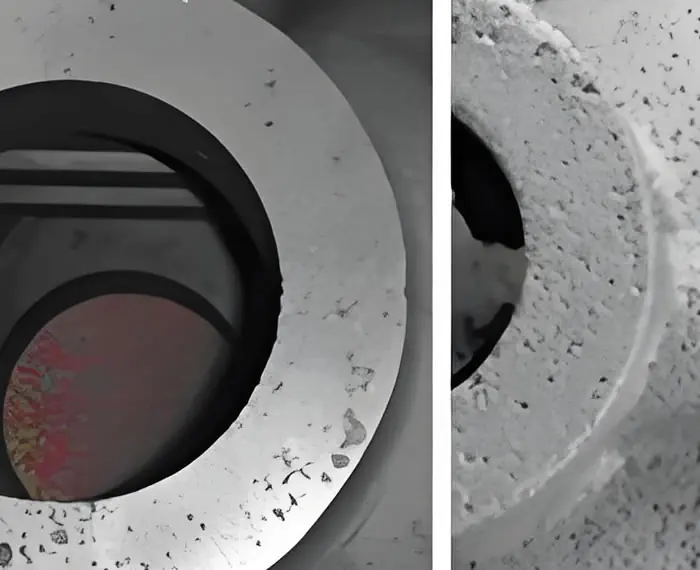
Effective Strategies to Prevent and Solve Subcutaneous Porosity in Castings
Measures to Prevent and Solve Subcutaneous Porosity in CastingsSubcutaneous porosity in castings is a common defect caused by various factors in the castin
-
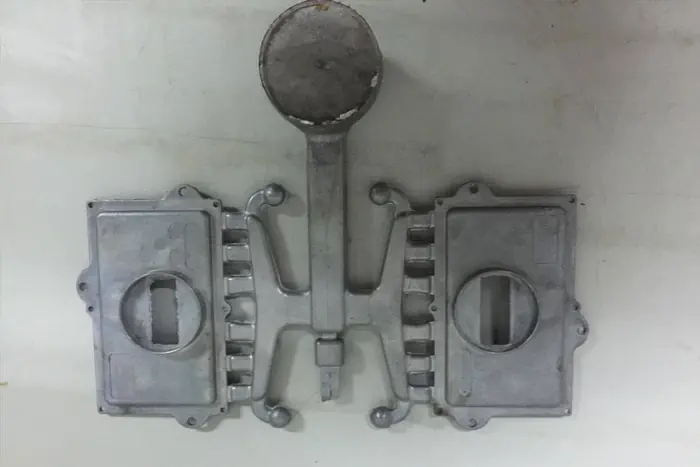
Optimize Mold Machining with the Right Tools and Process Planning
Boost mold manufacturing productivity and tool life with the right machining strategies, tooling choices, and process planning.
-
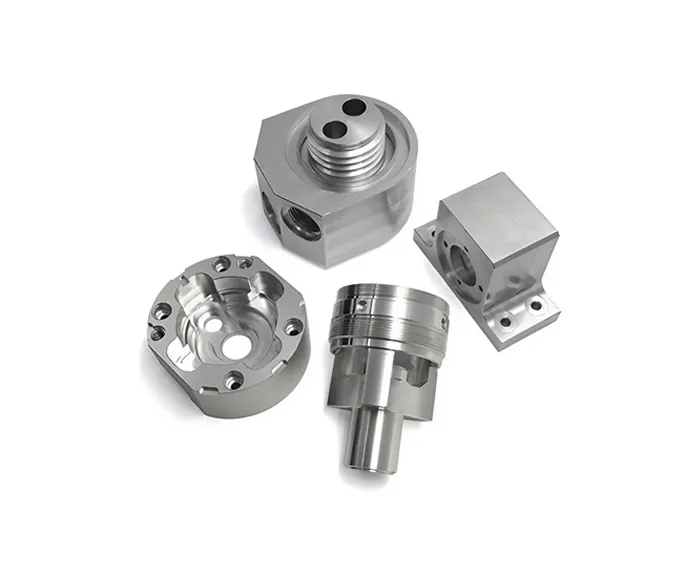
Experience the SAIVS Difference in CNC Machining Excellence
IntroductionCNC machining, or computer numerical control machining, is a process that uses computer-controlled tools to cut or shape materials. CNC machining is...
-
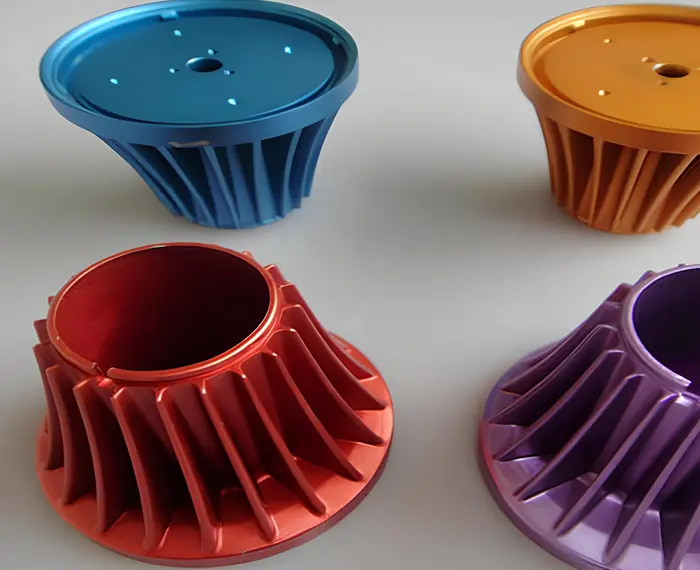
How can riserless casting be achieved in nodular iron production?
Achieving Riser-Free Casting in Nodular Cast Iron: Key Conditions and TechniquesNodular cast iron, also known as ductile iron, is a material highly valued

